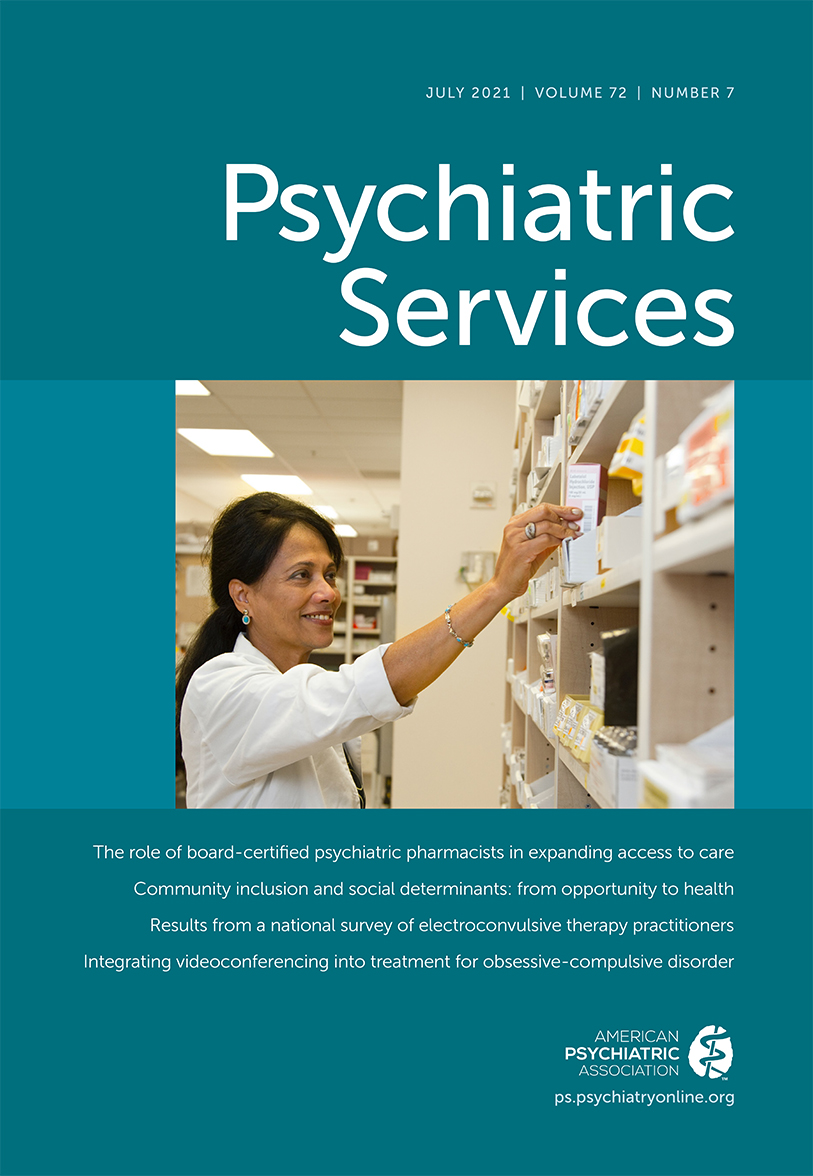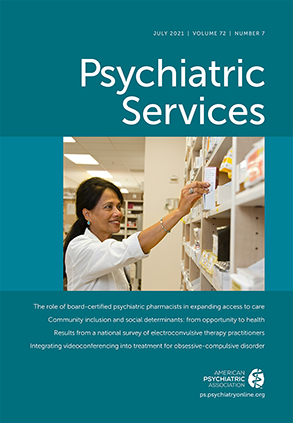Cultural Adaptation of the Illness Management and Recovery Intervention Among Israeli Arabs
Abstract
HIGHLIGHTS
Illness Management and Recovery
The Cultural Adaptation Process of IMR
| Component of original IMR toolkit | Culturally adapted IMR | Dimensions of ecological validation modelb |
|---|---|---|
| Adjusting the manual’s content for greater relevance to Arab society in Israel | ||
| Recovery strategies: developing a support system | Added relevant strategies, such as family support, to promote recovery and help the person with serious mental illness make decisions | Content, methods, context |
| Practical facts about mental illnesses (refers mainly to biological factors, without spiritual or religious aspects) | Added explanation about the religious context of mental health | Content, concepts, context |
| Stress-vulnerability model and treatment strategies (examples of people who have found ways of coping in other contexts: “When I get stressed out, it helps me to…go to art museums and see paintings and drawings.”) | Added examples relevant to Arab society: “When I feel stressed, I take a bath, pray to God and read the Quran. This helps me relax and think more positively.” | Content, methods, context |
| Building social supports (in places other than concerts, parks, and museums, as suggested in the original manual) | These places were replaced by others more relevant to Arab society, such as weddings and extended family get-togethers | Content, context |
| Using medication effectively (“The best way of making decisions involves a partnership between you and your doctor, relying on the knowledge of both of you.”) | We start the topic by adding a statement by Muhammad that Allah created illness and medication. In addition, the statement in the original toolkit was expanded to include, “You can also rely on a family member when making decisions regarding medication. Does any member of your family accompany you in your visits to the doctor? If yes, how can he help you ask those questions?”; under the subsection Exercise: Strategies for Getting the Best Results From Medication, we added, “Asking a family member for help”; in examples for Personal Beliefs Regarding Medicines, we added common negative beliefs in Arab society, such as, “In my society, whoever takes psychiatric medicines has little chance of getting married.” | Content, concepts, methods, context |
| Reducing relapses | Added examples for triggers and warning signs of a relapse in symptoms in Arab society, such as becoming extremely religiously devoted and quarreling with close relatives | Content, context |
| Coping with stress | Added typical daily stressors, such as lack of public transportation and neighborhood intrusion and/or overinvolvement by neighbors and second-degree relatives who often live next door; in the subsection on effective coping, we added the recommendation to “talk to someone about the stress you’re experiencing” and the following example: “I feel stressed when there’s a lot of noise around me…. My brothers come with their kids, and the kids play together and make a lot of noise…. It helps me to take a break and go to my room. I like listening to music on the earphones; it muffles the noise and takes me away to a quieter place.” | Content, methods context |
| Drug and alcohol use (the topic recommends reducing or completely stopping drug and alcohol use; it is the client’s choice whether to reduce or stop and whether to involve the therapist) | After consulting with members of the focus group, it was decided to remove this topic completely because Islam prohibits drug and alcohol abuse, although the problem exists in Arab society | Content, context |
| Involving the family in the treatment | ||
| General recommendation to involve significant others in parts of the process, with no specific guidelines in the manual or reference to the facilitator’s skill in leading the meeting with the family | We prepared a special IMR manual in Arabic for families, which included brief information about each topic and the illness and guidelines for improving communication and for helping the family understand the client’s experience, with emphasis on participation in promoting personal goals | Methods, context |
| Encouraging participants to involve families and encouraging families to participate | We encouraged participants to invite their families to participate, and family members were invited to attend group and/or individual meetings | Methods, context |
| Adapting the facilitation process | ||
| The facilitation is based on three strategies: psychoeducational, cognitive-behavioral, and motivational | The adapted manual includes eight additions: the family member’s role in the recovery process and in setting and achieving rehabilitation goals; family communication skills; the family as a key agent in taking up client rights; psychoeducational explanation about the importance of medication and its management; the family’s role in preventing relapse; knowledge about spirituality and religion; basic family therapy skills to help facilitators integrate family members and understand their significant role; and using video clips, paintings, diagrams, cards, and role-playing to overcome the family’s difficulty to express emotions, read, and write | Goals, methods, context |
| Meeting location | ||
| Making the intervention accessible is important but not critical; it is possible to have participants travel to the meetings | Given conditions in Arab society in Israel, where mobility is restricted because of lack of public transportation and the fact that single women may not travel alone, meetings must be highly accessible | Methods, context |
| Developing unique training for facilitators | ||
| General training sessions countrywide without reference to sociocultural groups | Culturally adapted training, with meetings held in a relatively accessible location that is familiar and provides a culturally suitable background | Methods, context |
Stage 1: gathering information.
Stage 2: selecting and implementing the required adaptations.
Stage 3: translation.
Stage 4: training Arab professionals and implementing the adapted intervention.
Feasibility and Feedback
Conclusions and Implications for Policy and Practice
Practical and Policy Implications
Supplementary Material
- View/Download
- 549.02 KB
References
Information & Authors
Information
Published In
History
Keywords
Authors
Funding Information
Metrics & Citations
Metrics
Citations
Export Citations
If you have the appropriate software installed, you can download article citation data to the citation manager of your choice. Simply select your manager software from the list below and click Download.
For more information or tips please see 'Downloading to a citation manager' in the Help menu.
View Options
View options
PDF/EPUB
View PDF/EPUBLogin options
Already a subscriber? Access your subscription through your login credentials or your institution for full access to this article.
Personal login Institutional Login Open Athens loginNot a subscriber?
PsychiatryOnline subscription options offer access to the DSM-5-TR® library, books, journals, CME, and patient resources. This all-in-one virtual library provides psychiatrists and mental health professionals with key resources for diagnosis, treatment, research, and professional development.
Need more help? PsychiatryOnline Customer Service may be reached by emailing [email protected] or by calling 800-368-5777 (in the U.S.) or 703-907-7322 (outside the U.S.).

